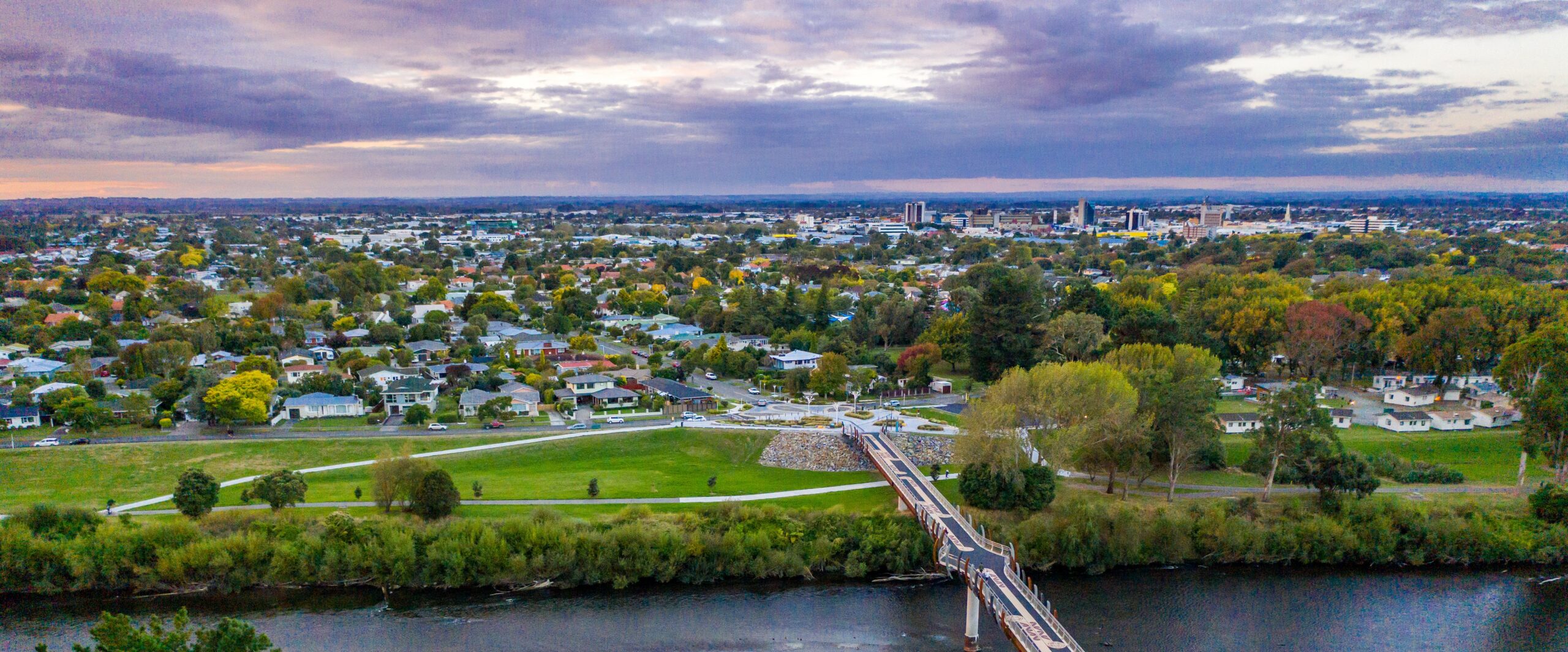
It’s no secret that I have long believed there is an urgent need for Aotearoa’s tourism sector to change its primary focus from international tourism to the arguably greater benefits of domestic tourism and the difference that can make to growing our regions and developing outcomes that benefit our local communities.
Domestic tourism is significant, accounting (pre COVID-19) for 60 per cent of New Zealand’s visitor spend and 80 per cent for Manawatū, yet the importance of it, and the opportunities it presents our nation have long been largely absent from most discussions when it comes to tourism in New Zealand.
There are very few silver linings to COVID-19's impact on our world, but those that are starting to become apparent include a more conscious world where we genuinely have the opportunity to make significant changes to our health and welfare, social and economic structures.
To really capitalise on the opportunity in front of us, we need to rethink the entire approach to make the tourism sector sustainable. How do we do that? I believe we need to take a systems approach to developing our new future. What are a systems-based approach? In simple terms, it is not trying to treat the problem in a vacuum, it is viewing it as part of the greater whole. It fascinates me that in general, New Zealand seems to treat the tourism sector quite separately from other sectors. Sure, there is a requirement for sector specific expertise, understanding different markets, different business models, but I cannot see how this is different from any other sector. In fact, it is probably one sector that has more interdependencies with other sectors and should be more fully integrated into economic development activities and plans, local and central government plans, and policies.
It is time we treated this sector as we would any other significant sector, with a systems-based approach to truly reimagine tourism, and not just the marketing component or who our current target market is. When developing a sector, any sector at all, a marketing led approach is not a common one. It is led by developing capability, clustering, supporting startups, attracting investment, and understanding our comparative and competitive advantages. Then developing the marketing plan to build profile and demand in synergy with the development activities. From what I can ascertain, tourism seems to be done in complete reverse, with a long-held view that it is a marketing first approach.
I am filled with trepidation about when we open back up, what will it look like? We are retraining kiwis to hit the traditional hot spots, which up until January 2020 were at critical point of overcrowding. When we add our international visitors back into the visitor mix, will we get a crisis of a different kind? Do we believe enough kiwis will head offshore for holidays, or will Aotearoa’s relative safety and global recognition for our handling of COVID-19, mean we keep more here, and attract more?
Reliance on the high-end commissionable product side of tourism has not served us well, something which we have quickly forgotten. Pre COVID-19 we were experiencing inundated hot spots along the quintessential 1980s golden route, frustrated residents, diminished visitor experiences and capacity issues. Now, we have ghost towns scrambling for the domestic visitor and significantly changing up the domestic landscape which was, pre COVID-19, working quite well.
Beyond any six-month ‘save our biggest regions’ campaign there needs to be a complete change up in the way we collectively work as a nation, to build resilience, sustainability and capability into this sector. The whole sector. Not just the ‘grammable’ moments and places or the high-end commissionable product.
For Manawatū, our visitor economy is worth more than half a billion dollars annually, and our definition of visitors is broad. For us, a visitor is someone who does not live in our region. They may be visiting for leisure, business, health, VFR, education, conferences, or events. They spend on food, retail, services, entertainment, spreading their dollars right through our economy, not just on big ticket items.
This is not a one trick pony kind of sector, and it should not be treated as such. Manawatū’s diverse economy means we are sheltering reasonably well, comparatively, from the economic storm around us. Reliance on one sector is not practical, nor sustainable.
With last year's launch of the New Zealand Aotearoa Tourism Strategy, we have an exceptional, world-leading platform to enable us as a nation to collectively lead with a destination management approach, not a marketing one. The Strategy seeks to ensure tourism growth is productive, sustainable, and inclusive – now is not the time to lose sight of this.
The recent STAPP funding from Government will make significant and long-lasting impacts for regions, empowering us all to adopt the drivers of Aotearoa’s Tourism Strategy and look at sustainable approaches to tourism that suit the needs of both domestic and international visitors, and the needs of, and benefits required by, our local communities. So, with new challenges, new opportunities, and a new way of doing things, this is the reset button the sector has been screaming for, for years, so, will we use this opportunity wisely? It is time to really charge towards the goals of our national Tourism Strategy, we cannot afford not to.
Linda Stewart
CEO, CEDA